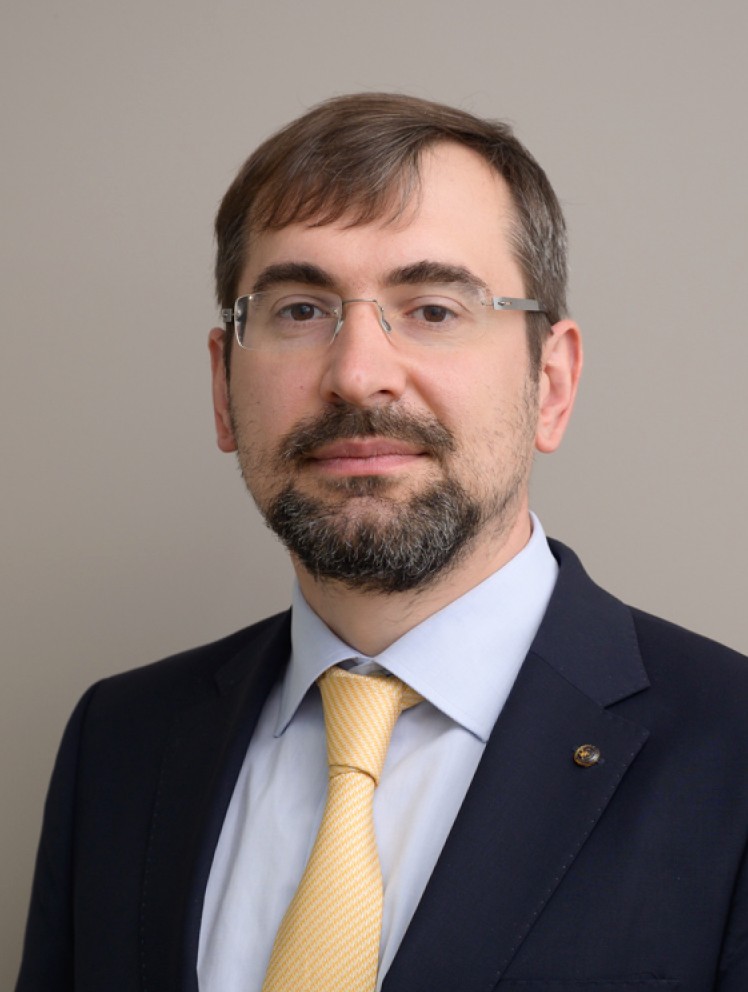Arthur Zurabyan, of ART DE LEX, assessed the consequences if Eurocement votes against the association between Holcim and Lafarge
Eurocement intends to vote against the association between Holcim, a Swiss company, and Lafarge, a French firm. Filaret Galchev, the owner of Eurocement, proposes to change the exchange ratio of shares in Holcim’s favor.
As Wall Street Journal (WSJ) and Swiss Sonntagszeitung report, Eurocement, the second largest shareholder of Holcim, with 10.8 percent of the shares, plans to vote against the association between Holcim and Lafarge at a meeting of shareholders, which will take place on 8 May. Representatives of Eurocement, Holcim, and Lafarge refused to comment.
Sonntagszeitung, referring to a spokesperson for Galchev, stated that the proposed association is unsatisfactory and underdeveloped. In particular, the exchange of Lafarge shares for Holcim shares, which is 1 to 0.9, is not a reasonable offer for the shareholders of Holcim. Galchev expressed his dissatisfaction that the merger is touted as quasi-equal since Holcim is a stronger partner. The WSJ reported that this is the only condition that did not satisfy Galchev. Earlier, some sources for The Financial Times, which are close to the Eurocement Group, said that the businessman approved the merger because it would give him the opportunity to buy assets. The American investment company, Harris Associates, which owns 6.8 percent of Holcim shares, said that the company needed to know who would manage the new entity before deciding to support the merger.
This is not the first attempt to change the terms of the merger. French and Swiss manufacturers called the association a “merger of equals” and maintained that the companies have to exchange shares at the rate of 1 to 1. For that to take place, Holcim would have to increase its capital. The transaction, estimated at EUR42 billion, is to be conducted in 2015 and would lead to the creation of the largest concrete producer in the world. Nevertheless, in the middle of March, Holcim changed its demands. After the announcement of the deal, Holcim’s shares rose more than those of Lafarge, due largely to the strengthening Swiss franc. As a result, the decision was to exchange 9 Holcim shares for 10 Lafarge shares. On 30 March, on the Swiss exchange market, Holcim was estimated at 23.96 billion Swiss francs (USD 24.76 billion), while Lafarge, on the Paris exchange, was at EUR 17.39 billion (USD 18.81 billion).
Arthur Zurabyan, the head of International Arbitration practice of ART DE LEX, said:
Unless there is some agreement among the shareholders, Eurocement cannot block the deal. Nevertheless, if the company and other minorities vote against it, the company will have to buy back their shares at the market price, and this can be burdensome.
